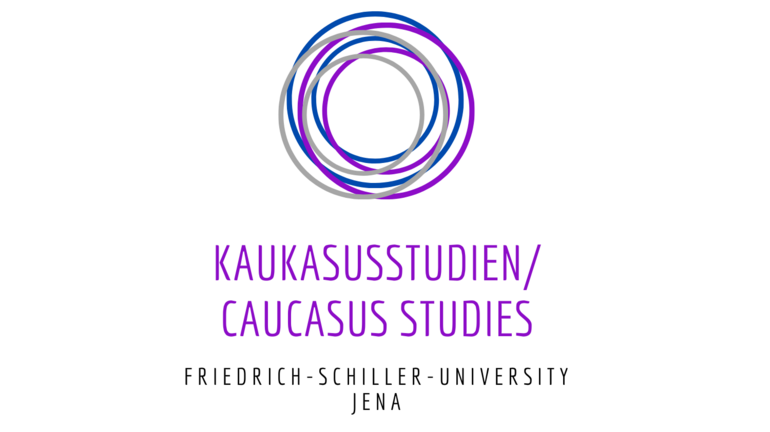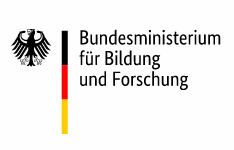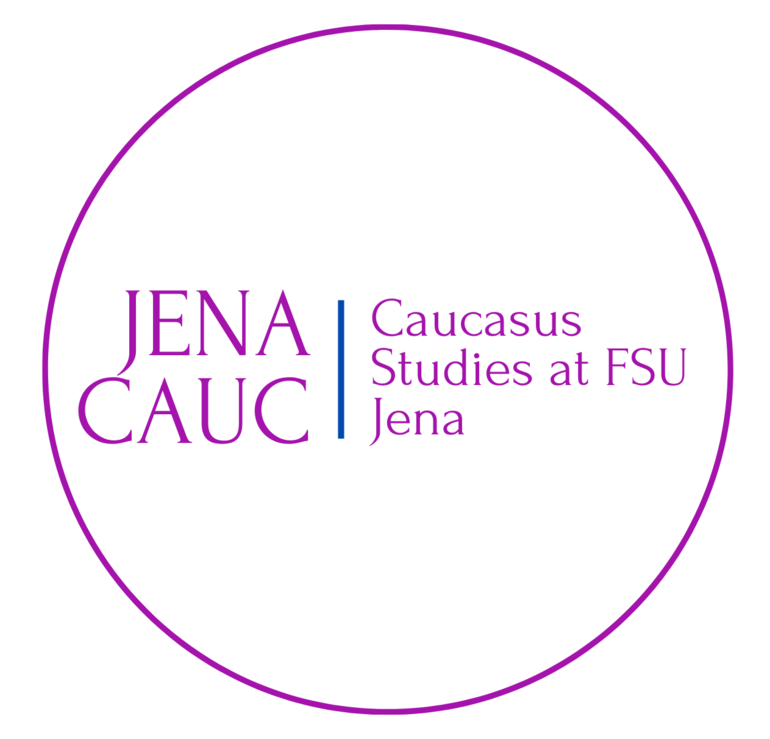Recovery, Risk and Resilience: Re-thinking the future of EU-South Caucasus relations
2020 and 2021 have been turbulent and transformative years for the societies in the South Caucasus and for EU-South Caucasus relations. In the background of the global pandemic, the reignited war between Armenia and Azerbaijan, the Georgian government’s increasingly confrontational course with the EU, and the increased assertiveness from illiberal regional actors leave the EU appearing as a powerless, geopolitically inactive actor. These changing realities demand a critical reflection on the limits and potential of EU-South Caucasus relations.
The purpose of this roundtable is to discuss whether the recent “resilience turn” in EU foreign policy is the right response to aggravated challenges in the EU’s South Caucasus neighborhood, and how we could understand the practical application of this new policy concept. For the EU, supporting resilience means strengthening “the capacity of societies, communities and individuals to manage opportunities and risks in a peaceful and stable manner, and to build, maintain or restore livelihoods in the face of major pressures.” Hence, while having a stronger focus on local stakeholders, resilience is also closely connected to mitigating global and local risks, and recovering from conflicts and crises. However, there is still significant ambiguity around the concept, and the opinions vary from resilience being a mere buzzword to being another ambitious attempt to make the EU’s regional governance more effective.
In order to assess the practical impact of the “resilience turn” in EU regional governance in the South Caucasus countries, this roundtable's rich discussion focused on two specific policy areas: (1) elections, polarization and problems with rule of law reforms, and (2) recovery from territorial conflicts and managing security challenges, with a specific focus on the recent Nagorny-Karabakh War. The first topic refers to domestic risks that threaten societal coherence and undermine processes of democratic transformation in the South Caucasus countries. The second topic refers to regional and geopolitical risks that have the potential to undermine state-ness and the capacity of effective governance in the countries in the region. The speakers assessed to what extent the EU has managed to strengthen the resilience of societal and state structures in the South Caucasus countries amid domestic and regional challenges; and whether there has been any impact on post-conflict and post-crisis recovery, as well as on the mitigation of future risks and crises.
Participants
- Dr. Sonja Katharina Schiffers, Director Heinrich Böll Foundation Tbilisi - South Caucasus Region
- Prof. Maia Panjikidze, Caucasus University Tbilisi, former Minister of Foreign Affairs and diplomat
- Dr. Leila Alieva, Affiliate of REES, Oxford School for Global and Area Studies (OSGA) and Richard von Weizsäcker Fellow of the Robert Bosch Academy, Berlin
- Dr. Shushanik Minasyan, University of Bonn and Post-Doc researcher at SAIS, John Hopkins University
For the moderation of the event we have invited Dr. Stefan Meister, Head of the Program International Order and Democracy, DGAP, Berlin, Germany.
The event was part of the project Resilience in the South Caucasus: prospects and challenges of a new EU foreign policy concept — JENA-CAUC[1] (FSU Jena)
In cooperation with ZOiS Caucasus Network Centre for East European and International Studies (ZOiS)
[1] This project has received funding from the German Federal Ministry of Education and Research (BMBF).
In cooperation with




Kontakt
Anja Krüger
Kommunikationskoordinatorin
events(at)zois-berlin.de
